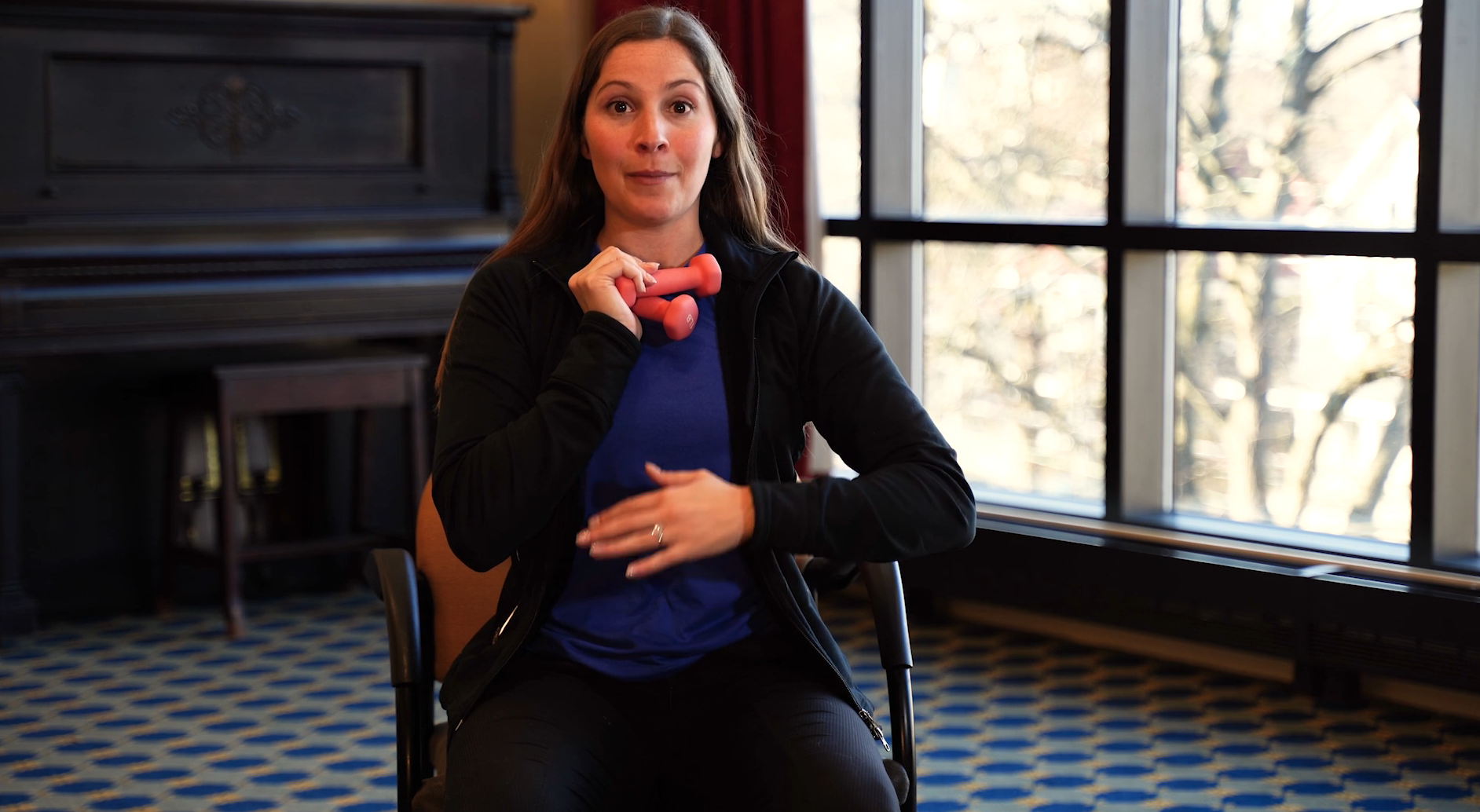Did you know that the amount of time spent sitting can have a significant impact on the risk of developing dementia, especially for adults aged 60 and older?
A recent study has shed light on the correlation between sedentary behavior and dementia, emphasizing the need for proactive measures to combat that risk. In this blog post, we delve into the study's key findings and explore how communities can empower older adults to break free from sedentary habits.
READ THE STUDY HERE: https://jamanetwork.com/journals/jama/article-abstract/2809418
Understanding the Study:
A recent study focusing on adults aged 60 and older has revealed a compelling connection between sedentary behavior and the increased risk of dementia. Particularly noteworthy is the heightened risk for those who engage in sedentary activities for more than 10 hours a day.
In today's fast-paced world, it's alarming to learn that the average American is sedentary for about 9.5 hours each day. This sedentary lifestyle poses a substantial threat to cognitive health, with potential long-term consequences. After a thorough 6-year follow-up, the study reported that 414 participants were diagnosed with dementia. The key takeaway is that total time spent in sedentary behavior serves as a significant factor in driving dementia risk.
Community Initiatives:
At Episcopal Retirement Services we recognize the urgency of addressing sedentary behavior among older adults. Our wellness Wednesday video series is designed to inspire and motivate with simple yet effective exercises using light weights, basic movements, and home furniture. Additionally, our communities offer a diverse range of activities tailored to keep older adults physically active and socially engaged.

Change starts with a collective effort. Family members and adult children play a crucial role in supporting their loved ones to adopt more active lifestyles. Engaging in activities together not only fosters stronger bonds but also contributes to overall well-being, reducing the risk of cognitive decline.
As the research underscores the critical link between sedentary behavior and dementia risk, it's clear that we need to take proactive steps to counteract this threat. By embracing initiatives like our wellness Wednesday series and the multitude of activities available in our communities, we can empower older adults to stay active, enhance their overall well-being, and reduce the risk of cognitive decline.
Download our Dementia Guide below:













